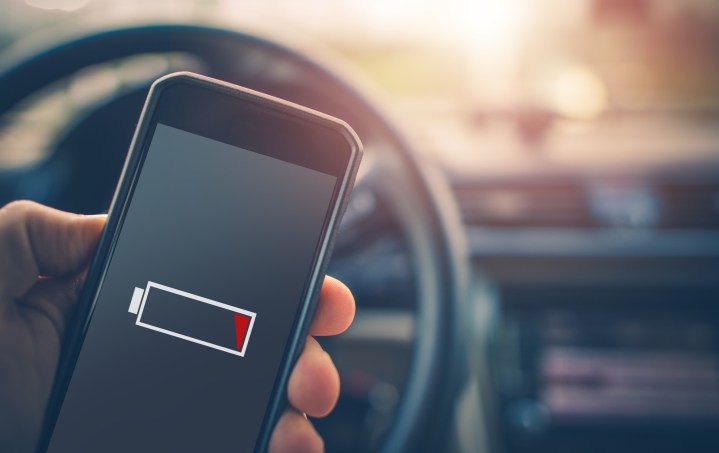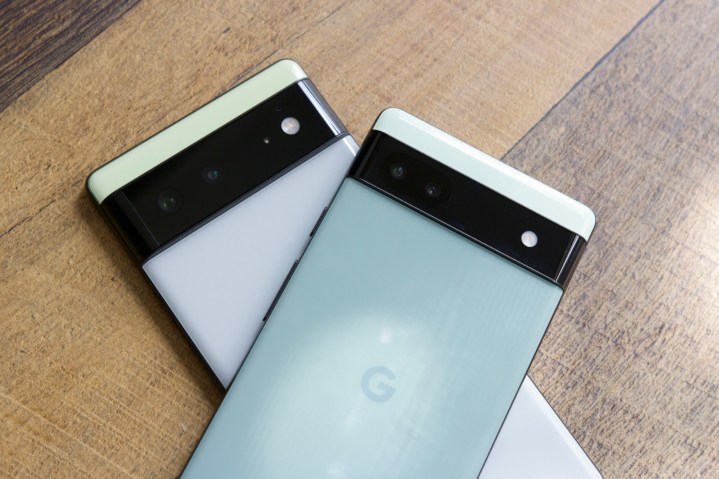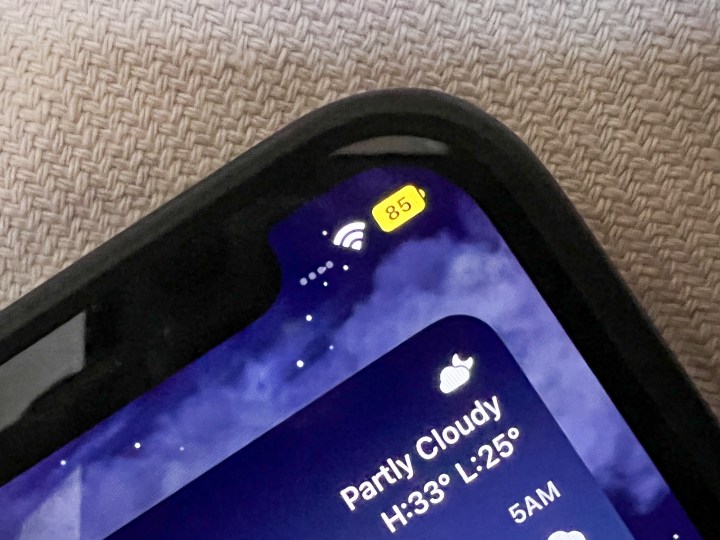With the Google Pixel 6, Google has finally joined the ranks of Microsoft and Apple as a “smartphone company who builds the full stack” with its Tensor chip. No longer did Google have to use the same Qualcomm or MediaTek chips as do other phones. And there’s a lot of good stuff here. Google focused on things like imaging, transcription, and other helpful features over pure power in order to push what it believes is the ideal smartphone experience. It works for the most part. But there’s just one problem: Tensor stinks in terms of battery life.
Whether it be the Pixel 6, 6 Pro, or 6a, Google’s recent phones have underperformed compared to its previous outings. The blame for this can be placed squarely on the Tensor chip. Google plans on shipping Tensor again with the Pixel 7, albeit a refined version. But If it hopes to compete with Apple’s iPhone 14, it desperately needs to address these issues.
Creating unreliable phones

I’ve written about the Pixel 6’s battery issues before, and even temporarily swapping to an iPhone before returning back to Google for a brief period of time. Not a lot has changed. The problem with the Pixel 6’s battery for me was tripartite. It didn’t last as long as previous Pixels, it didn’t charge as fast as rivals due to its larger battery, and it didn’t handle standby scenarios as well. In other words, it drained fast, it charged slow, and it died in my pocket often.
To recount experiences I’ve had over the summer, the Pixel 6 has left me stranded in another town. It’s proven unable to handle temperatures that other smartphones can, refusing to charge and disabling functionality due to the ambient summer heat in London. Another incident saw the phone heat up and rapidly discharge while not being used. The iPhone 12 Pro Max by its side faced no such issues. All in all, a pretty poor performance.
You’ll get lots of varying reports about how good the Pixel 6’s battery is, but the vast majority of them veer toward the poor end, with even the Pixel 5 and 5a performing better despite having smaller batteries. The same issue extends to the 6a. In our Google Pixel 6a review, we described the battery as “mediocre” and called it a “one-day phone.”
The problem with Tensor

The problem with the Pixel 6 can be placed firmly at the feet of the Tensor chips. The Pixel 6 line ships with the largest batteries Google’s ever had in Pixels, but the battery life pales in comparison to previous generations. The Tensor chip seems to be the architect of this situation.
Reading a technical analysis of Anandtech’s evaluation of Tensor compared to rival chips, the publication concludes that Tensor fails at being battery efficient compared to other top flagships: “Naturally, the Tensor [system on a chip] also just doesn’t appear to be as efficient. … The phone ends up OK in terms of absolute battery life, however performance metrics are lower than other devices.”
Tensor’s problems appear to be poor thermal management and its choice of modem. The thermal management leads to the phone losing battery faster during hot weather, a problem as we head into increasingly warmer summers. The older choice of modem leads to the phone struggling to keep a connection to cell towers, draining more battery as a result. Add that to the power-hungry choice of cores, the bright and smooth displays, and 5G connectivity, and it’s a recipe for disaster.
A solved problem

Battery on a phone is something that should be like underwear. You really shouldn’t be thinking about it too much unless it’s really good (like the iPhone 13 Pro Max) or really bad. If your mobile phone isn’t very mobile, that’s a problem. No matter how cool the camera or pretty the screen, if I’m watching it drop 1% every 2 minutes, there’s not much to appreciate there as I experience inevitable battery anxiety while calculating how much the battery will last me till I get home.
It shouldn’t be this way. Other phones from Apple, Xiaomi, Samsung, and others have all solved this problem one way or another. Even Google had solved the problem with older Pixels. Use more efficient chips, pair them with bigger batteries, etc. If the Tensor chip can’t be made more efficient, then perhaps brute forcing it with a larger battery would help (within reason). A new modem is on its way to tackle at least one of its issues, so hopefully, Google is aware of the Pixel 6’s shortcomings. Either way, Google’s not getting my money for another Pixel if the batteries continue to underperform as this generation has.
If the Pixel 7 and 7 Pro’s batteries can trade blows with the iPhone 13 line on reliability, that would be a solid win as the hardware and software combination has otherwise nailed. If it can’t, well, it’s not as if the Pixel 7 will be a bad phone. It just won’t be living up to its full potential. When you think about it, that’s essentially the story of all of Google’s Pixel phones to date.
